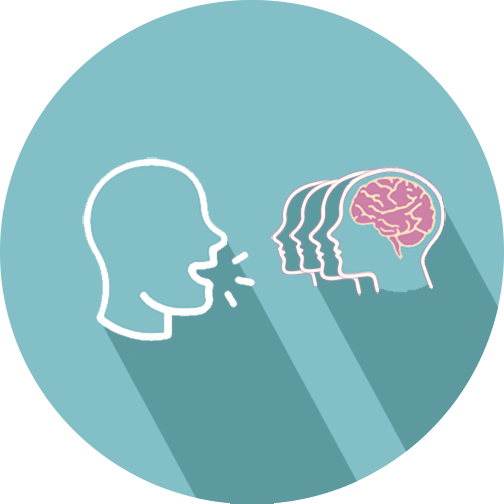We’ve probably all been there; for months, you’ve been looking forward to watch a new movie that just came out. When you’re about to see the movie, though, your friend who just saw it tells you how it ends. Well, when that happens to me, I tend to get angry because I assume the movie will not be as fun anymore. Sounds logical right? If you already know the outcome, then why still watch the movie?
We might assume that it is because of this reason that the publishers of the movie ‘Avengers: Endgame’ communicated the following warning to fans upon the release of their movie: “When you see Endgame in the coming weeks, please don’t spoil it for others, the same way you wouldn’t want it spoiled to you” (Kooser, 2019).
Posted in Archive, Advertising
published on Monday, 20 September 2021
Media in every form bombards us constantly with messages promoting green, environmentally responsible products that consumer goods companies want us to buy. Many of those products have a sticker price significantly higher than traditional, less eco-friendly brands and products. Exactly how much of a premium are today’s consumers willing to pay in order to live their values as responsible earth inhabitants, and how do producers approach them with an attractive marketing message? In short, how do our products avoid fading into the trees in a sea of green products?
Posted in Archive, Advertising
published on Monday, 06 September 2021
Let’s say that you’re about to buy a new shirt or dress for a fancy dinner party, which brand would you choose?
RAFUO or rafuo?
Which one did you like best? Chances are that, when looking for a conspicuous purchase as in this example, you’d choose RAFUO because it looks more premium. It is the extent to which the brand looked premium that helped sell the conspicuous product. Psychologists discovered that uppercase characters have a subtle, yet consistent effect on how premium a brand appears to be.
Posted in Archive, Strategy
published on Monday, 26 July 2021
Nobody wants to finish last. Regardless of which sphere of live you investigate, people take significant effort not to end up in the painful last position. Diners in restaurants rarely order the cheapest wine on the menu—with preferences clustering around the second cheapest option (McFadden, 1999). The pain of rejection stings most when one is picked last in gym class, whereas the person in the second-last spot breathes a sigh of relief (Weir, 2012).
But what about waiting in queues? Is waiting actually more painful for the last person in line compared to someone waiting an equal amount of time with one additional person behind him?
Through an impressive series of five studies on both in-store and simulated queuing environments, the behavioral scientist Ryan W. Buella investigated the psychological dynamics of queuing. He discovered that being the last one in line carries a powerful psychological difference that has striking consequences on our behavior and satisfaction.
Posted in Archive, Conversion
published on Wednesday, 14 July 2021
For me, personally, when I’m listening to the radio in the morning and the host is telling a personal story, I find myself immersively listening and feeling empathy. However, the moment they talk about the daily news I’m just laid back casually.
The same holds true for sales pitches where the salesperson starts by telling a bit about his personal life and background before going into the material.
Posted in Archive, Strategy
published on Thursday, 24 June 2021





